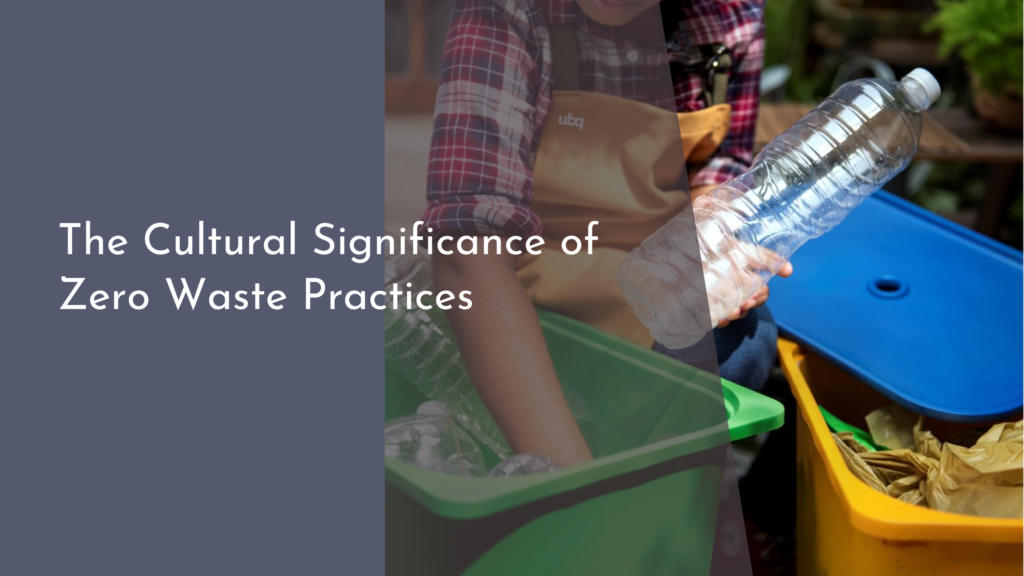How to Shop Smart: Recognizing Truly Sustainable Products
In today’s world, where environmental consciousness is becoming increasingly vital, shopping sustainably has emerged as an essential practice. However, with a market flooded with products claiming to be "green" or "eco-friendly," it can be challenging to differentiate between truly sustainable products and those that merely capitalize on the trend. This guide will help you navigate the complexities of sustainable shopping, ensuring that your purchases genuinely benefit the planet.
Understanding the Basics of Sustainability
Sustainability, at its core, is about meeting today’s needs without compromising the ability of future generations to meet theirs. This involves the careful management of resources, minimizing environmental impact, and ensuring social equity. When shopping, consider products that use renewable resources, are energy-efficient, or those that can be recycled or reused. By integrating these principles into your purchasing decisions, you contribute to a healthier planet and a more sustainable economy.
Moreover, it’s essential to recognize that sustainability extends beyond environmental factors. It encompasses social and economic dimensions as well. This means considering the working conditions of those who produce the goods you buy and supporting companies that engage in fair trade practices. A truly sustainable product not only minimizes harm to the environment but also promotes social responsibility and economic fairness, creating a well-rounded and long-lasting positive impact.
Identifying Authentic Eco-Friendly Labels
With numerous eco-friendly labels on the market, it’s important to identify which certifications are credible and what they represent. Some of the most trusted labels include Energy Star, USDA Organic, Fair Trade Certified, and Forest Stewardship Council (FSC). These certifications often involve stringent criteria and rigorous auditing processes, ensuring that the products meet high environmental and ethical standards. Familiarizing yourself with these labels can make a significant difference in your ability to choose genuinely sustainable products.
However, be wary of greenwashing—where companies falsely market their products as environmentally friendly. Brands might use misleading labels or vague terms like "natural" or "eco-conscious" without substantive backing. To avoid falling for greenwashing tactics, research the certifying bodies behind the labels and prioritize those with a solid reputation for transparency and accountability. Understanding the meaning and the rigor behind each label can help you make informed choices that align with your values.
Questions to Ask Before Making a Purchase
Before purchasing, consider asking yourself: What materials are used to make this product, and where do they come from? Understanding the sourcing of materials can provide insight into the product’s overall environmental impact. Opt for products made from recycled or sustainably sourced materials, and be mindful of the carbon footprint associated with transporting goods from distant locations.
Another crucial question is: How will this product’s life cycle affect the environment? Evaluate the durability, repairability, and ultimate disposal options of the product. Products that are designed to last longer, be easily repaired, or are recyclable or biodegradable contribute to a circular economy, reducing waste and conserving resources. By considering these aspects, you can make purchases that are not only smart but also have a reduced negative impact on the planet.
Making Informed Choices: Your Path to Impact
Making informed choices starts with educating yourself on the sustainability practices of the brands you support. Researching a company’s sustainability reports, initiatives, and commitments can provide a clearer picture of its genuine dedication to eco-friendly practices. Supporting brands that are transparent about their efforts and progress bolsters companies that are genuinely working toward positive change.
Your purchasing decisions have the power to influence market trends and drive demand for sustainable products. By consistently choosing environmentally and socially responsible products, you contribute to a larger movement that encourages companies to adopt and maintain sustainable practices. Every small step you take in choosing wisely not only lessens your ecological footprint but also inspires others to follow suit, multiplying your positive impact on the planet.
Shopping sustainably might initially seem like a challenging endeavor, but with the right knowledge and approach, it becomes a rewarding practice that benefits both people and the planet. By understanding sustainability principles, recognizing authentic eco-friendly labels, asking the right questions, and making informed choices, you can become a more conscious consumer. As you embark on this journey, remember that every thoughtful decision contributes to a more sustainable future, empowering you to make a meaningful difference in the world.

